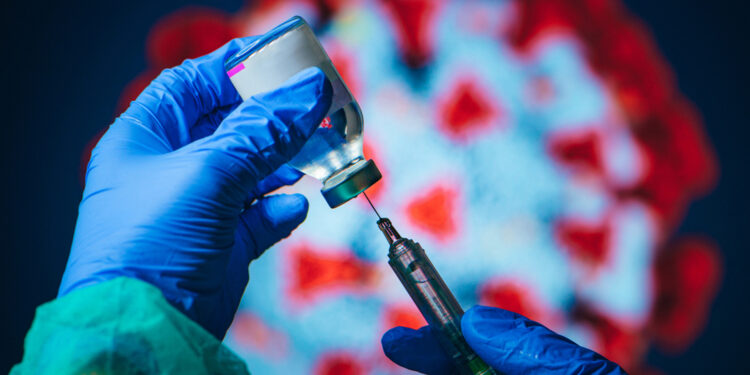A recent survey conducted by Rasmussen Reports reveals that public opinion in America regarding the safety of Covid vaccines has not changed significantly over the past year. The survey, which included 1,133 American adults, found that just over half of Americans (53%) believe that Covid vaccines may be responsible for many unexplained deaths. Additionally, 24% of respondents claimed to know someone who died as a result of receiving the vaccine.
The survey also highlighted a divide along political lines. Twice as many Republicans (44%) believed it was very likely that Covid vaccines were causing unexplained deaths compared to Democrats (22%). Furthermore, 69% of Republicans expressed concerns about the safety of the vaccines, while only 37% of Democrats shared this view.
These findings suggest that people's beliefs regarding the safety of Covid vaccines are entrenched and not easily influenced by new information. Despite efforts from regulators, public health bodies, and the media to promote the vaccines as safe and effective, a significant portion of the American public remains skeptical.
It is worth noting that the characterization of those concerned about vaccine safety as conspiracy theorists is shown to be false in this survey. The majority of Americans (53%) express concerns about the safety of Covid vaccines, while only 33% believe that those who worry about vaccine safety are spreading conspiracy theories.
The political divide on this issue is not surprising given the politicization of Covid vaccines and policies since the beginning of the pandemic. Attitudes towards vaccination have shifted along party lines, with Democrats initially expressing skepticism but now embracing the vaccines, while Republicans remain more skeptical.
Overall, this survey indicates that public opinion on Covid vaccine safety is deeply divided. Despite efforts to reassure the public, a significant portion of Americans remain unconvinced about the safety of the vaccines. It is clear that more work needs to be done to address the concerns and build trust among those who are skeptical.







